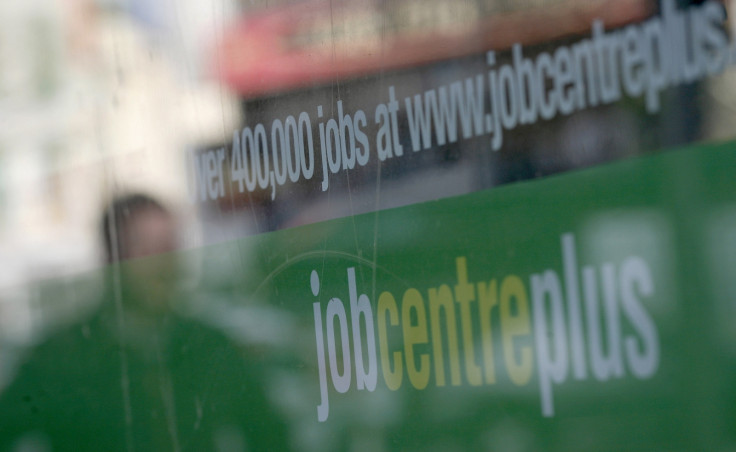Timing of UK Interest Rate Hike Mired in UK Services Sector Conundrum

The Bank of England will continue to have a tough task deciding whether it should hike interest rates over the next few months amid a flurry of positive economic data.
BoE governor Mark Carney has already remarked that markets are becoming "too complacent" over record low interest rates of 0.5% and that it was necessary to consider raising the level sooner than people would think.
Initially he gave the guidance that if the unemployment rate fell under 7% than rate hikes would be imminent.
However, Carney and his fellow BoE colleagues have realised while the jobless rate has fallen to 6.4% for the three months to June, Britain's economic recovery is a lot more complex and fragile than prima facie statistical readings show.
Postive Raft of Data
The spate of economic data released on 3 September looks remarkably positive for the UK and would initially spark anticipation of an imminent rate rise.
The Office for National Statistics revealed that the UK economy has exceeded pre-recession highs while the World Economic Forum said in a separate report that Britain is now the ninth most competitive country across the globe.
The was bank expected to hold rates at this month's meeting. But news about how Britain's services industry expanded last month at the fastest pace in nearly a year has got analysts asking whether a hike will arrive sooner than anticipated.
The monthly Markit/CIPS purchasing managers index (PMI) for the services sector revealed that PMI jumped to 60.5 in August from 59.1 in July and even exceeded the top end of the range of forecasts delivered across the market.
However, there are issues behind the headline numbers.
What's the Story Behind the Numbers?

Firstly, the PMI index suggested that some companies were struggling to keep up with demand and a number of surveyed firms said that they have insufficient staff numbers.
Secondly, growth in payrolls rose by the slowest pace since March this year. New work in the service sector grew at its weakest pace in three months.
Thirdly, Britain possibly relies too heavily on domestic demand to keep its economic recovery going. Further afield import/export markets have been blighted by issues arising out of the Ukraine crisis. Meanwhile, overall confidence also tanked to a 15-month low.
"The three PMI surveys indicate that the economy grew at the fastest rate since last November, providing further ammunition for policymakers arguing for higher interest rates," said Chris Williamson, chief economist at Markit.
"The worry is that growth remains too dependent on the domestic economy, raising the risk that higher interest rates will derail the upturn. Any hopes of a rebalancing towards exports have been dealt a blow by the escalating Ukraine crisis.
"Dovish policy makers will worry that the Ukraine crisis will also filter through to a significant slowdown in services and construction. Some impact is already evident, with growth of new orders and employment moderating in all three sectors in August."
The ONS revision is a tricky one too.
The office announced that the UK economy rocketed past its pre-recession peak after "revisions and improvements" to the way output is measured and assessed boosted the overall number.
However, the "revision" includes economic contribution from prostitution and illegal drugs, which is hardly a broad representation of Britain's workforce.
"Despite the wide ranging improvements underpinning the new estimates, the broad picture of the economy has not changed much," said ONS chief economist Joe Grice, playing down the inclusion of the "colourful" sectors factored in to the mix.
Meanwhile, Wef's Global Competitiveness Report awarded Britain an improved ranking for its general business environment as well as adopting technology to enhance productivity.
However, it warned that income inequality is rising and geo-political tension could hurt growth.
"The strained global geopolitical situation, the rise of income inequality, and the potential tightening of the financial conditions could put the still tentative recovery at risk and call for structural reforms to ensure more sustainable and inclusive growth," said Klaus Schwab, founder and executive chairman of the Wef.
"There has been an uneven implementation of structural reforms across different regions and levels of development as the biggest challenge to sustaining global growth".
So will interest rates suddenly rise on the back of the latest UK economic data? Mixed messages and uncertainty will leave analysts equivocal and the best bet remains a rise in 2015.
© Copyright IBTimes 2025. All rights reserved.






















